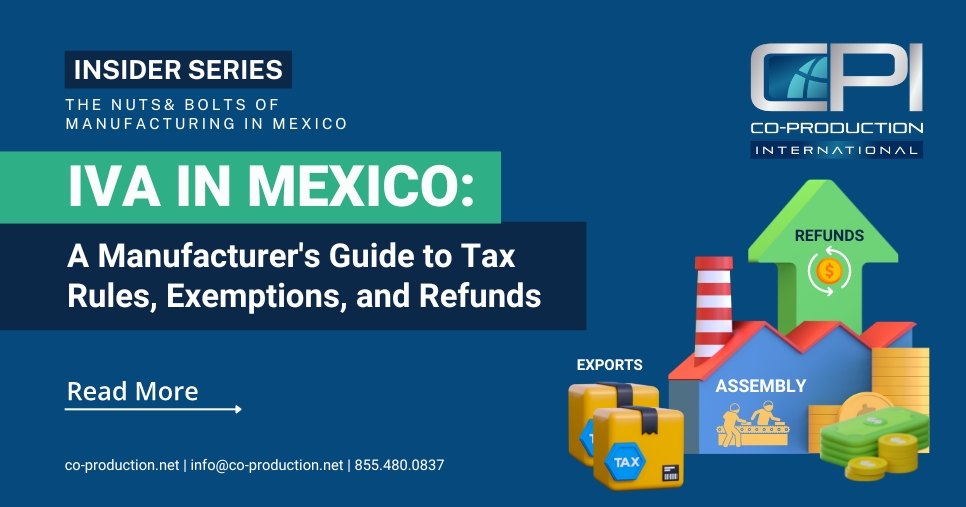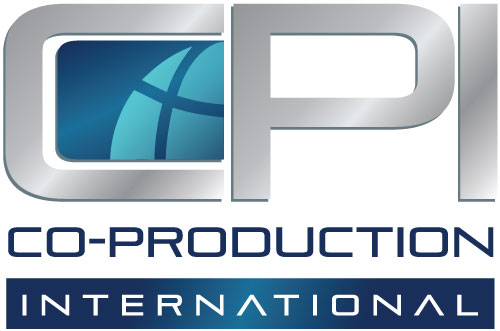Rather than playing a weak hand during the latest round of North American Free Trade Agreement negotiations, Canada is in a much stronger position than most people realize, says Peter Hall.
Hall, the chief economist at Export Development Canada, was in Halifax on Monday to speak to local business leaders about the economy, the dollar and what might happen if the NAFTA talks fail. This year has been a “remarkable” export story for Canada, although Nova Scotia’s exports are almost flat due to a weather-impaired start to the fishing season. But Hall believes it will be a different story in 2018 as Nova Scotia exports are expected to grow by six per cent, due to a five-per-cent jump in agri-food exports sparked by Canada’s trade deal with the European Union. Canada’s exports will grow by eight per cent this year, largely due to a 31-per-cent increase in energy, and double-digit growth in ores and metals as well as machinery and equipment destined for south of the border despite the ongoing uncertainty with NAFTA.
The Halifax audience was concerned about the NAFTA changes, Hall said in an interview Monday, and they have become increasingly interested in trade opportunities in China, India and Brazil.
“Our take on NAFTA is, this is all about trying to get a better deal, not trying to destroy a deal,” he said as he walked back to the EDC office on the Halifax waterfront.
The reason we feel so strongly about that, and I shared this with the group today, is that America benefits greatly from (NAFTA). It’s one thing to tear up a (Trans-Pacific Partnership) agreement, because that’s never shown any benefits,
Hall said.
The NAFTA agreement has demonstrated over the past 30 years that it has benefited the United States as well as Canada and Mexico, he said.
“It’s quite another thing to toy with that many years of successive benefits.
“When you look at the employment impact and the impact on prices . . . and how comparatively difficult it is to attract the investment in (to the U.S.), that’s supposed to replace that lost activity.”
When one thinks about the fact that globalization activity has been facilitated by an enormous amount of technology, which isn’t going away, it is another reason why NAFTA will not be torn up, Hall said.
“When you think about how competitive the world is and that abrogation of a free trade agreement just raises costs all over the place, there’s just reason after reason why Americans will not go for this, because it just multiplies the cost,” he said.
Hall believes there is too much emphasis on what the United States will do to Canada and Mexico or any other country in the world, but the truth about trade wars is: “It is never one-sided, there’s always action and reaction.”
He predicts that the same will happen within the current NAFTA talks.
“I don’t want to be a forecaster of what the retaliations might be but I can just go back in history and every time there has been an action on this front, there’s been a reaction. I expect to see really no difference this time around,” Hall said. “When Americans see the wave after wave of anti-trade actions as a result of what’s going on right now, and they recall that it really began with them, I believe the light will start to go on that this (hard-ball negotiation) is really not good for anybody.”
It is his contention that freer trade has proven itself to be beneficial over time.
“One cannot argue, from the data, strictly from the data, that it has made the world a worse place to be. There is greater economic, geographic inclusion that has occurred, there has been actually greater growth and for longer periods than we’ve been accustomed to in the past,” Hall said.
“You know, we’re still trying to get our minds around the psychology of a longer economic cycle but that, as far as I can see, is what globalization has brought to an undoing that takes a tremendous amount of benefit away.”
Although former prime minister Stephen Harper recently criticized Canada’s federal Liberal government for not agreeing to U.S. demands during NAFTA negotiations, while seeming to support the position taken by the Mexican government, Hall said he prefers to look at it another way.
“I prefer to ask, why does México have such a poker face about its negotiations? Why does it seem that México is so confident? Why are they playing hard ball as it were? One would almost think, if they’ve got so much to lose, could they possibly come out on the right side of this . . . because they’ve actually got good cards in their hands,” he said.
Hall said he thinks México understands the dynamics of the NAFTA agreement, that the U.S. does indeed have a great deal to lose if it puts an end to NAFTA.
Hall said he could almost imagine a situation where México would say to the U.S. representatives at the negotiating table, “If this is the way you see the world
. . . we’ll help you to do it and we’ll see what the American people will say on this.”
That wouldn’t be posturing or guesswork, he said, especially when one looks at how the negotiations are being played out.
In January, he said, the Trump administration wasn’t even a week old when it announced a policy that was very clear, very understandable, a 20-per-cent border adjustment tax against Mexico. “OK, so the hard ball was starting to be played. I was shocked when that policy was actually announced. I was down in México at the time and what we saw was that policy was actually withdrawn on the same day it was announced,” Hall said.
The reason that border adjustment tax was withdrawn, he said, was for the very same reasons Mexico has strong cards in their hands.
“Americans don’t want to pay more for anything right now. They’re not in a mood to believe a line that says: Paying more for things is actually making America great again. No, they’re expecting to get that for free and that is what the administration is going to serve them up,” he said.
Hall insists that logic will determine how the NAFTA negotiations will end.
If México can play hard ball with the Americans, although they seem to have much more to lose than Canada, the argument could be made more abundantly for Canada.
“It’s a strong argument for Mexico, a stronger argument for Canada,” he said.
By ROGER TAYLOR THE CHRONICLE HERALD





.png)






